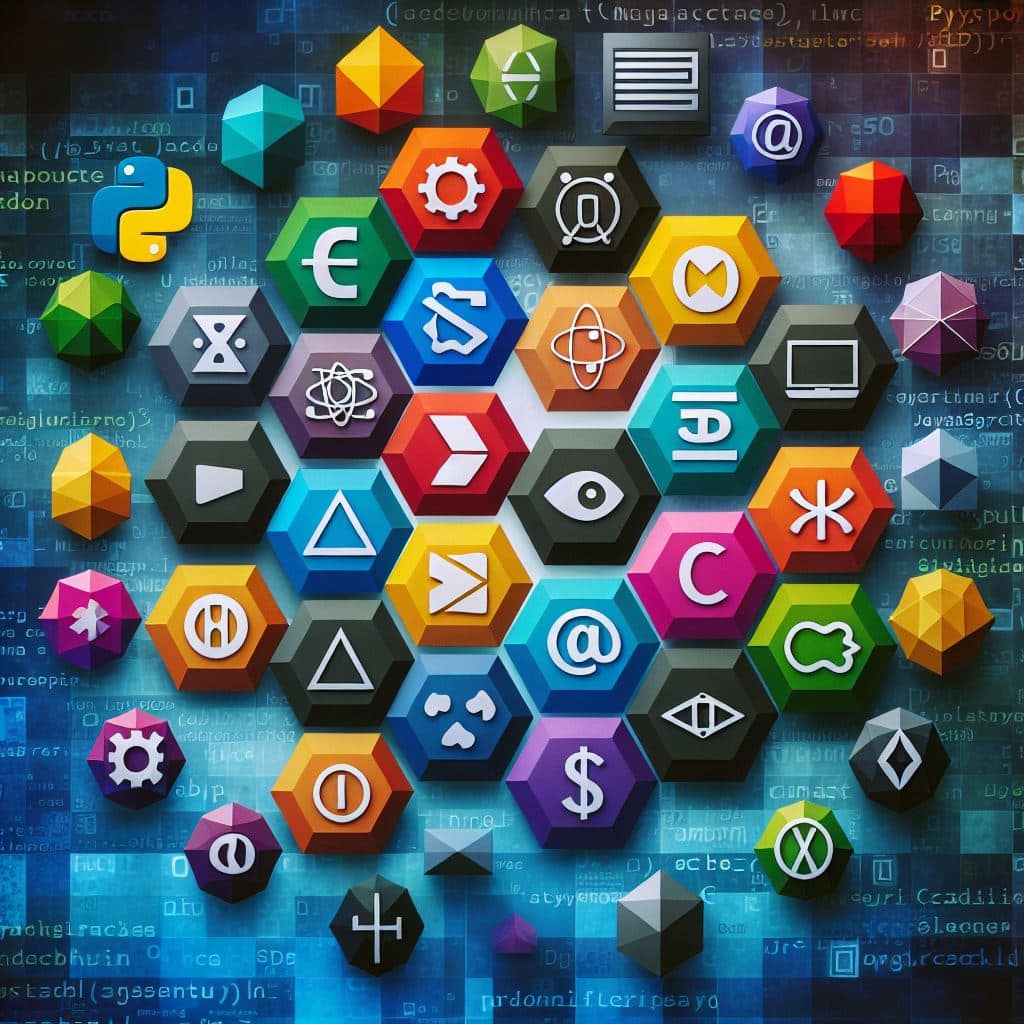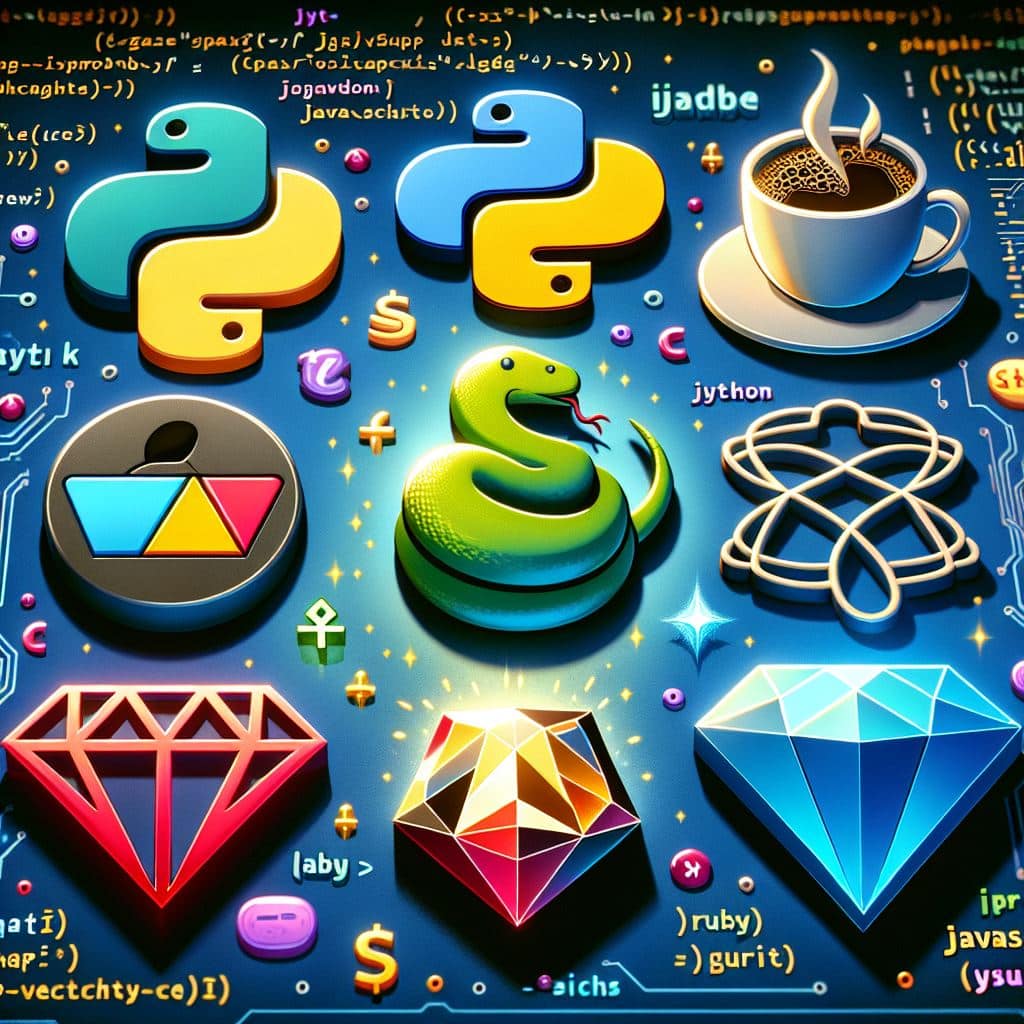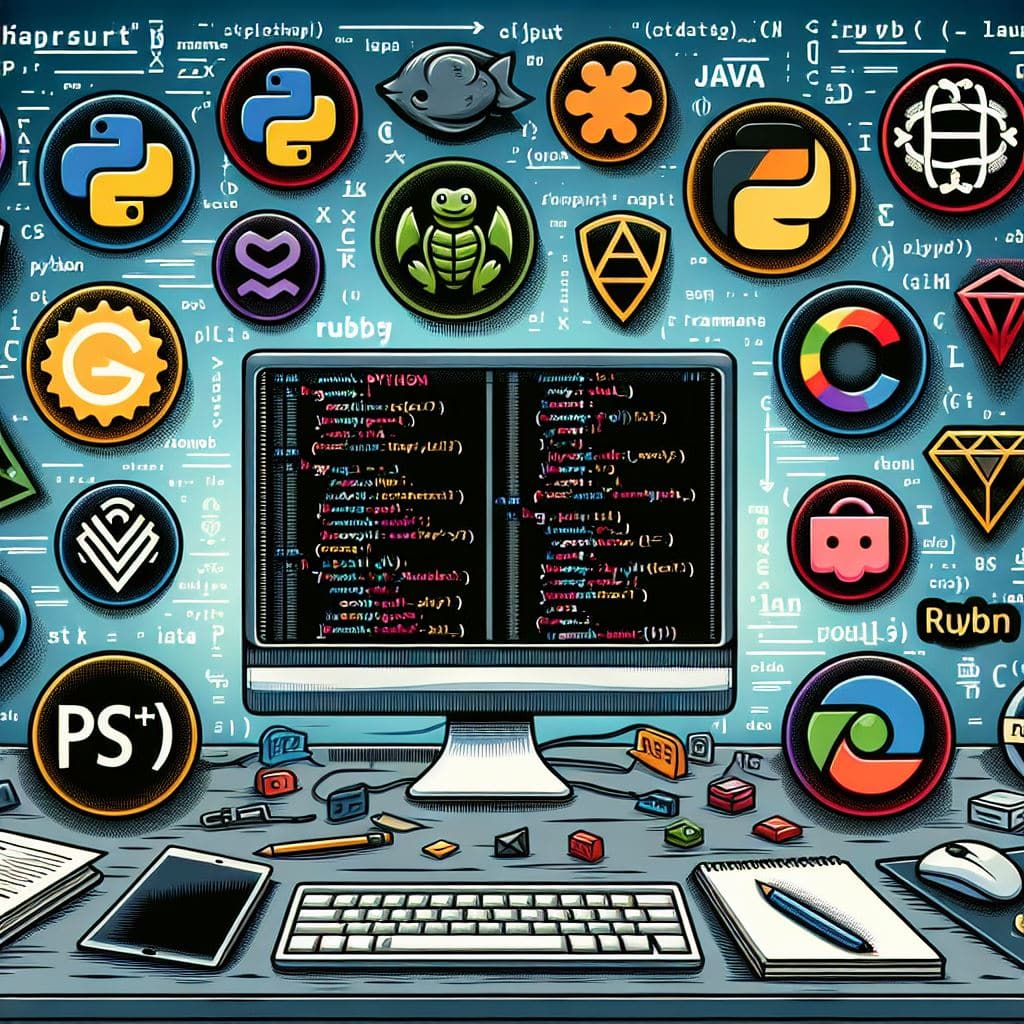Introduction
Game development is an art and a science, blending creativity with technical prowess. Whether you’re building an epic 3D adventure or a minimalist mobile puzzle, the programming language you choose plays a crucial role in determining how efficiently you can bring your vision to life. But with so many options available, how do you decide which programming language is best for game development?
In this blog, we’ll explore some of the most popular game programming languages, their strengths and weaknesses, and the types of games they excel at. By the end, you’ll have a clear understanding of which language fits your goals and projects best.
1. C++: The Industry Standard
When it comes to game development, C++ reigns supreme. Known for its unmatched performance and low-level control, it’s the go-to language for AAA game studios.
Why Choose C++?
- Performance: C++ delivers unparalleled speed, making it ideal for graphics-intensive games.
- Memory Management: Offers manual memory management, crucial for optimizing games on limited hardware.
- Game Engines: C++ is the backbone of powerful engines like Unreal Engine, CryEngine, and Frostbite.
Use Cases
- AAA Titles: Games like The Witcher 3, Cyberpunk 2077, and Far Cry series rely heavily on C++.
- Console Games: Its close-to-hardware nature makes it perfect for Xbox, PlayStation, and Switch titles.
Pros and Cons
| Pros | Cons |
|---|---|
| High performance | Steep learning curve |
| Extensive libraries | Time-consuming debugging |
| Industry standard | Verbose syntax |

2. C#: The Power of Simplicity
C# (pronounced “C-Sharp”) is the language of choice for many indie developers, thanks to its association with Unity, one of the most popular game engines in the world.
Why Choose C#?
- Ease of Use: Beginner-friendly syntax makes it great for new developers.
- Unity Integration: C# is Unity’s primary language, simplifying the process of creating 2D, 3D, VR, and AR games.
- Cross-Platform Development: Build once, deploy to multiple platforms, including PC, mobile, and consoles.
Use Cases
- Indie Games: Titles like Hollow Knight, Cuphead, and Among Us were built using Unity and C#.
- Mobile Games: Perfect for developing casual games like Crossy Road or Temple Run.
Pros and Cons
| Pros | Cons |
|---|---|
| Easy to learn | Less powerful than C++ |
| Excellent engine support | Limited low-level control |
| Cross-platform capabilities | Dependency on Unity |
3. Python: The Beginner’s Dream
If you’re new to programming or want a quick prototype, Python is a fantastic choice. While not traditionally used for AAA games, it shines in rapid development and scripting.
Why Choose Python?
- Ease of Learning: Python’s simple syntax is perfect for beginners.
- Prototyping: Quickly build game mechanics or concepts.
- Libraries and Tools: Libraries like Pygame make 2D game development a breeze.
Use Cases
- 2D Games: Ideal for simpler games like side-scrollers or puzzles.
- Educational Games: Perfect for teaching programming through game creation.
- AI and Scripting: Used in large games for AI behavior or tool development.
Pros and Cons
| Pros | Cons |
|---|---|
| Beginner-friendly | Slower than C++ and C# |
| Huge library support | Not ideal for 3D graphics |
| Great for scripting | Limited use in AAA games |
4. JavaScript: The Web Game Hero
When it comes to browser-based games, JavaScript is king. Paired with HTML5 and WebGL, it allows developers to create engaging games that run directly in a browser.
Why Choose JavaScript?
- Accessibility: No need for downloads—just a browser.
- Community Support: A thriving ecosystem of tools and libraries.
- Web Integration: Seamless integration with websites and online platforms.
Use Cases
- Browser Games: Titles like A Dark Room or Slither.io.
- Mobile-Friendly Games: Lightweight games for casual audiences.
Pros and Cons
| Pros | Cons |
|---|---|
| Wide compatibility | Limited performance for large games |
| Easy to deploy | Harder to manage complex projects |
| Web-first design | Requires additional frameworks for 3D |
5. Java: The Cross-Platform Workhorse
While not as popular as C++ or C# for game dev, Java is a solid choice for mobile games, especially Android. Its cross-platform capabilities make it a reliable option for small to medium-sized projects.
Why Choose Java?
- Cross-Platform: Write once, run anywhere.
- Android Development: Native support for Android via Android Studio.
- Robust Libraries: Frameworks like LibGDX make game development easier.
Use Cases
- Mobile Games: Titles like Minecraft Pocket Edition initially used Java.
- Casual Games: Great for puzzle or card games on Android.
Pros and Cons
| Pros | Cons |
|---|---|
| Cross-platform support | Slower than C++ |
| Active developer community | Not ideal for performance-intensive games |
6. Lua: The Scripting Superstar
Lua is a lightweight scripting language widely used for game scripting, especially in engines like Corona SDK and Roblox Studio.
Why Choose Lua?
- Ease of Integration: Works seamlessly with larger engines.
- Lightweight: Minimal impact on game performance.
- Flexibility: Ideal for creating mods or in-game scripting.
Use Cases
- Modding Games: Popular in World of Warcraft and Garry’s Mod.
- Indie Titles: Used in games like Angry Birds and Grim Fandango Remastered.
Pros and Cons
| Pros | Cons |
|---|---|
| Simple syntax | Limited by engine use cases |
| Lightweight and fast | Less versatile than C++/C# |
| Perfect for scripting | Small community compared to others |

How to Choose the Right Language?
Your choice depends on factors like:
- Your Game Type: Are you creating a casual mobile game, a browser-based game, or a high-performance console title?
- Your Experience Level: Beginners might prefer Python or C#, while experienced developers can leverage C++.
- Your Tools and Platforms: If you’re using Unity, C# is your best friend. For Unreal Engine, go with C++.
Conclusion
Game programming languages are the foundation of your creative projects. Whether you need the raw power of C++, the versatility of C#, or the beginner-friendly nature of Python, each language brings unique advantages to the table.
Take the time to assess your goals, platforms, and skill level before diving in. Remember, the best programming language for game development is the one that helps you turn your ideas into playable, engaging experiences.
Happy coding, and may your games shine as brightly as your imagination!



